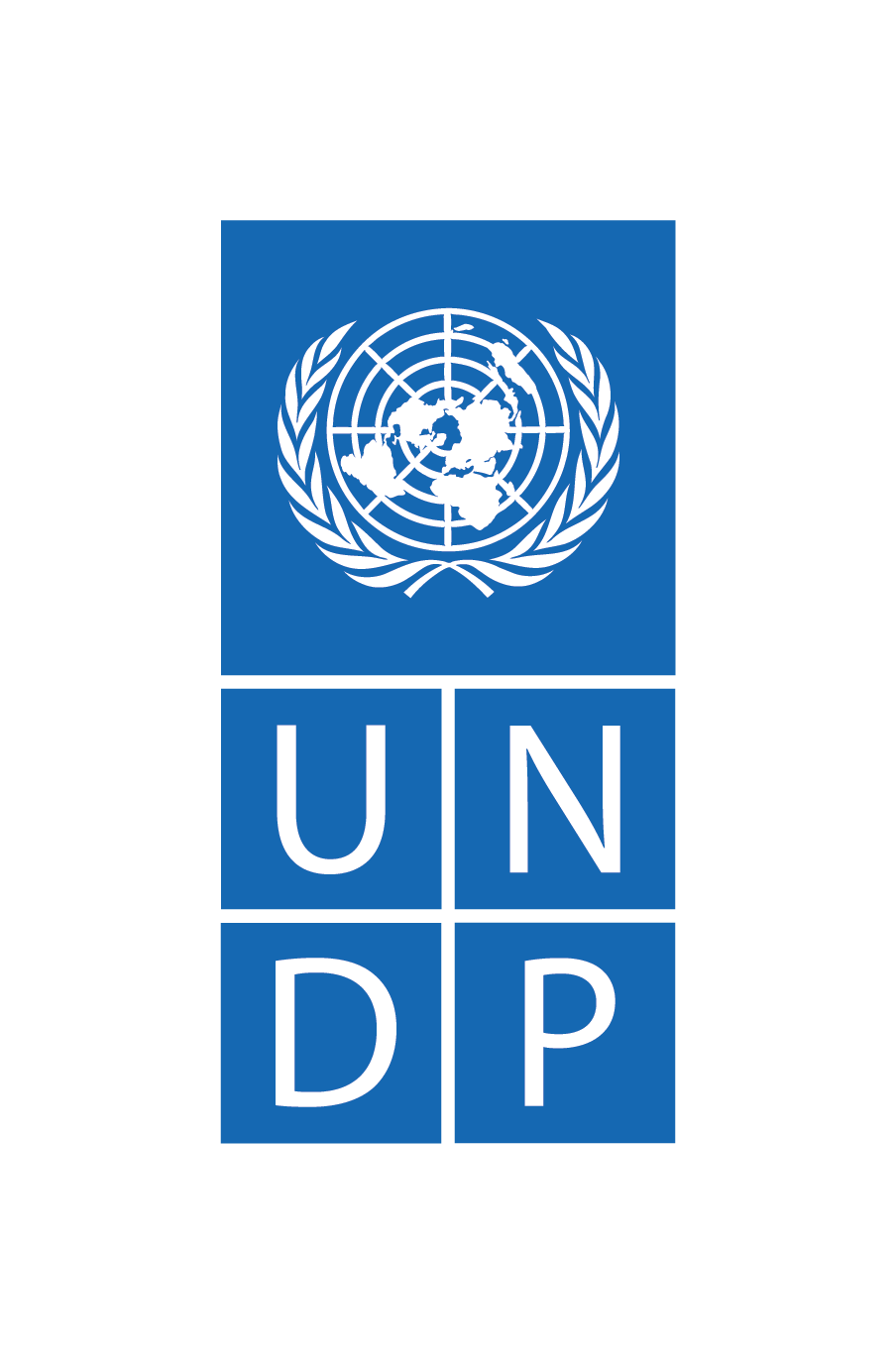Budgeting
Purpose
Budgeting and forecasting enable resources to be allocated and tracked so as to achieve programmatic and financial objectives.
Budgeting is a process usually undertaken before the beginning of the financial year, to create a plan or estimate of the expected incomes and expenditures in the upcoming financial year. The budgeting process is usually collaborative, enabling budget assumptions to be agreed on and stated.
Budgeting processes can also provide an opportunity for stakeholders to agree on resource allocations, identify efficiencies and determine practical methods to manage and prioritize the strategic goals of the organization based on available resources.
Forecasting can assist in preparing forecasts of cash inflows and outflows as well as a “sensitivity analysis”, understanding the areas in which a small percentage change can have significant overall impact.
UNDP’s approach
UNDP has worked with several ministries of health to develop detailed operation and finance manuals and standard operating procedures, which detail the budgeting process and include the processes for approval and subsequent budget monitoring and modification.
UNDP has assisted health programmes to improve budgeting and forecasting systems in Africa, Asia and the Caribbean. In particular, UNDP:
- works with ministries of health to improve national budget systems and procedures and support preparation of budgets for health programmes.
- provides technical support to budget and cost national strategic plans, including identifying available resources and critical gaps.
- supports countries to demonstrate a clear linkage between national health strategies, disease programmes and financial resources, budgets and forecasts.
- works with civil society organizations and governments to design and implement robust budgeting systems supported by a systematic approach for cost allocation and cost recoveries.
- develops manuals, guidelines and standard operating procedures to conduct a meaningful variance analysis and where appropriate, feed into remedial actions.
- establishes clear policies for project-specific costs, including: salary scales and entitlements suitable for attracting and retaining critical project staff; travel and subsistence; standardized training costs; vehicle usage and costings; consulting fees and scale rates; and apportionment of overhead costs.
- promotes innovative approaches to tailor existing information technology systems and technologies that interface with existing financial management systems for easy-to-use budget input and forecasting.
- helps to identify areas for strengthening in budgeting and forecasting for health systems, using an established capacity assessment tool.
- works with government health systems and projects and civil society organizations to establish development milestones and indicators, including training needs to measure improvements in effective budgeting and forecasting.
Budgeting considerations for programmes funded by the Global Fund
The Global Fund to Fight AIDS, Tuberculosis and Malaria (Global Fund) requires each grant to have a detailed budget in a prescribed format. UNDP has a core team with strong familiarity with the templates and which is fully conversant with the Global Fund budgeting guidelines. UNDP is able to mobilize a team of strong finance professionals to support the development of detailed grant budgets with the linkage to the performance framework and health product management template.
Suggested capacity development indicators
Suggested indicators to monitor improvements in budgeting include:
- An approved budget is in place.
- Adequate system controls are in place to prevent budget overruns.
- Planning and budgeting processes are integrated.
- Budgets are integrated with programmatic and financial results.
- Budgeting guidelines and procedures are available in all head offices and in a certain percentage of regional finance departments.
- A percentage of budgets are developed on an activity basis and adopt a bottom-up approach.
Operational procedures for budget revisions are adhered to. - The budgeting cycle for the health system is aligned with wider government or institutional timelines.
- Disbursement requests supported by cash forecasts are completed correctly and submitted timely.
Key resources

OECD Budget Transparency Toolkit
Organisation for Economic Co-operation and Development
This toolkit brings together standards and guidelines on budget transparency developed by a broad range of international bodies and networks.
PDF
